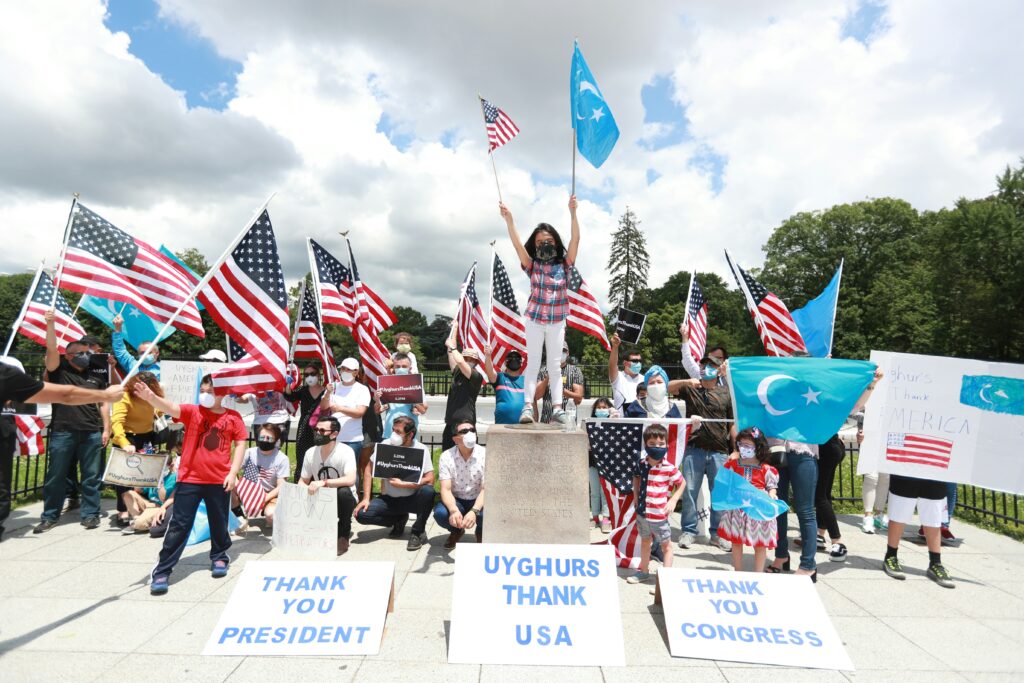
The fashion industry has long been tied to issues of labor exploitation, but the connection between fast fashion and the forced labor of Uyghur Muslims in Xinjiang, China, has brought a new level of urgency to conversations around ethical clothing.
The Uyghur Crisis and Cotton Production
Xinjiang, the home of the Uyghur people, produces about 20% of the world’s cotton. Multiple investigations have revealed that forced labor is widely used in cotton farming and garment production in the region — meaning that much of the world’s fast fashion is built on oppression.
Fast Fashion’s Role
Fast fashion thrives on volume, speed, and low cost — often at the expense of transparency. The complexity of supply chains makes it easy for unethical practices to hide in plain sight. Many major brands have been linked, directly or indirectly, to forced labor in Xinjiang.
Where Sustainable Fashion Comes In
Sustainable and upcycled fashion rejects this model. By using existing materials instead of new cotton, upcycled clothing avoids contributing to unethical supply chains. It’s not just a fashion choice — it’s a form of resistance.
Why We Upcycle
As the SaladBowlDress brand, we believe in creating with care, not just for the planet, but for the people behind every thread.
By repurposing what already exists, we’re reducing harm, spotlighting injustice, and imagining a fashion system where ethics are not an afterthought.
Your clothes have power. Use it.
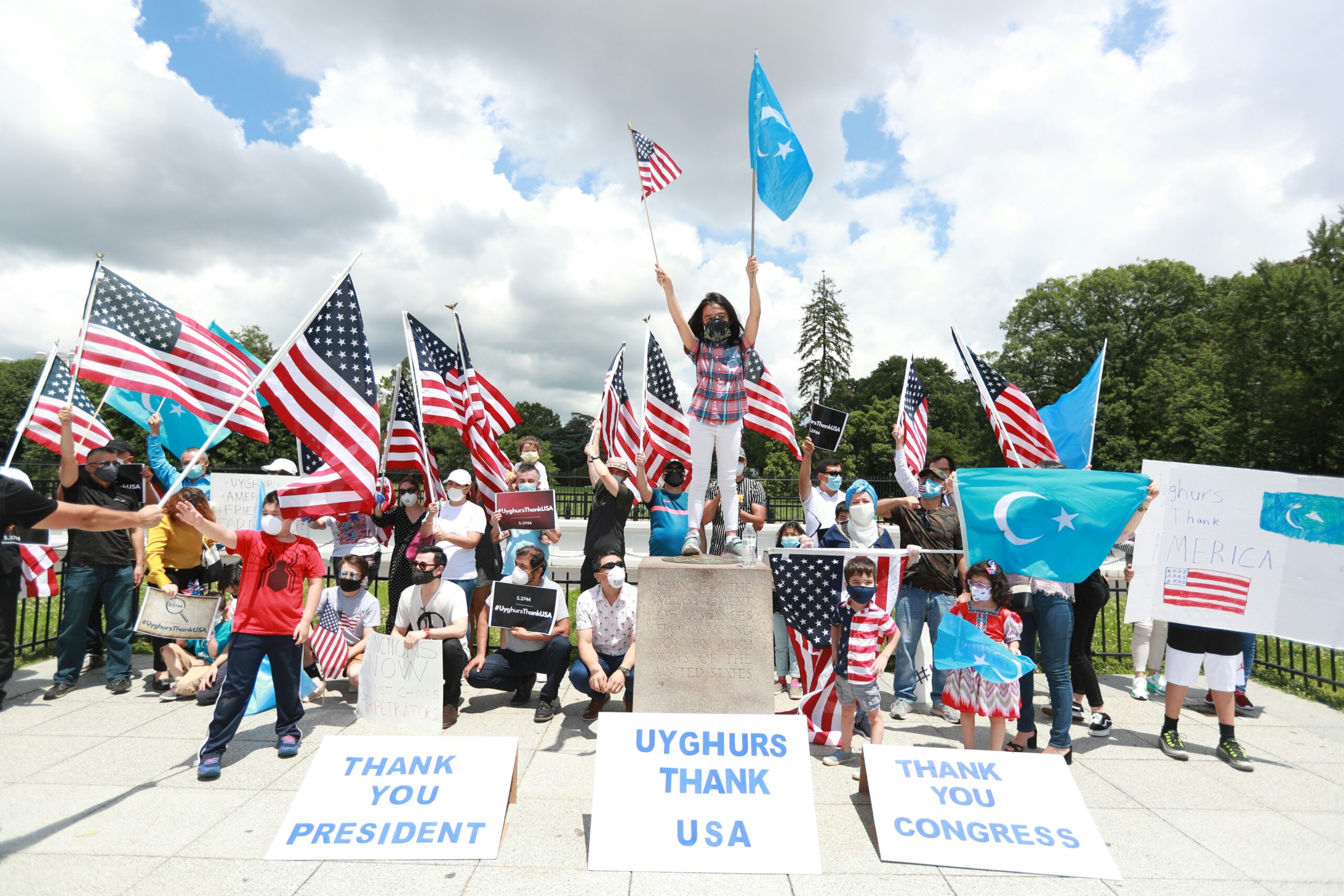
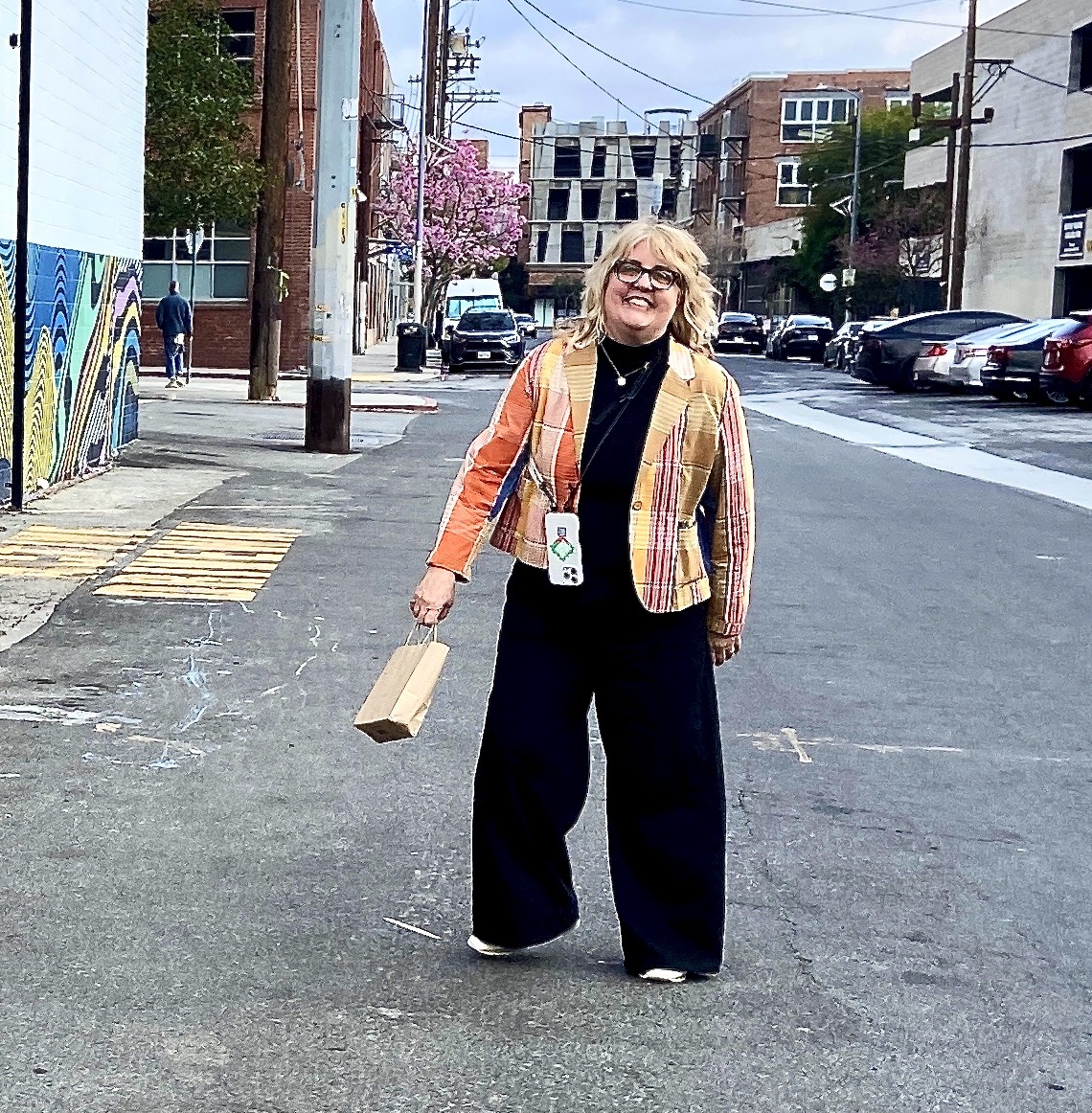
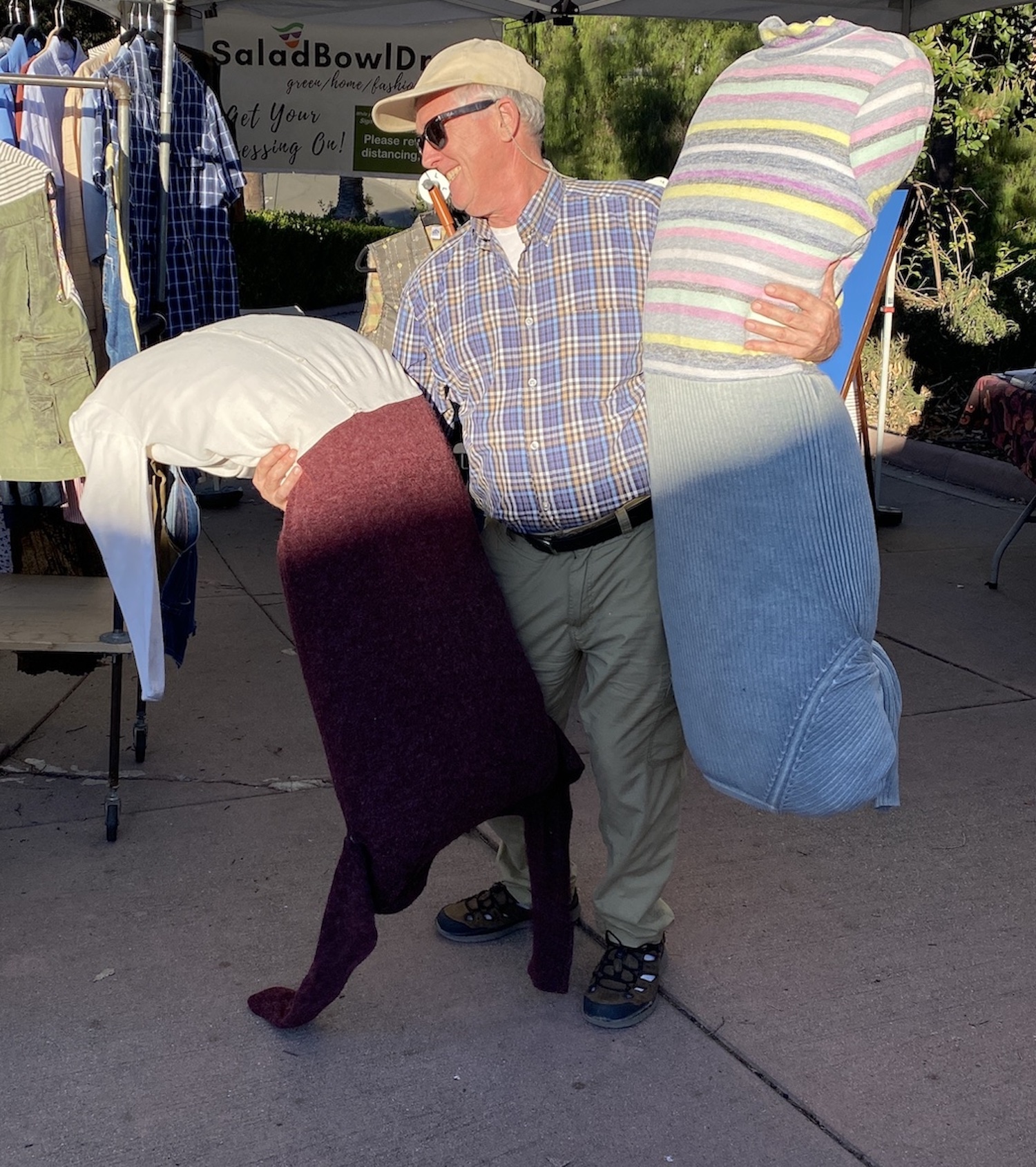

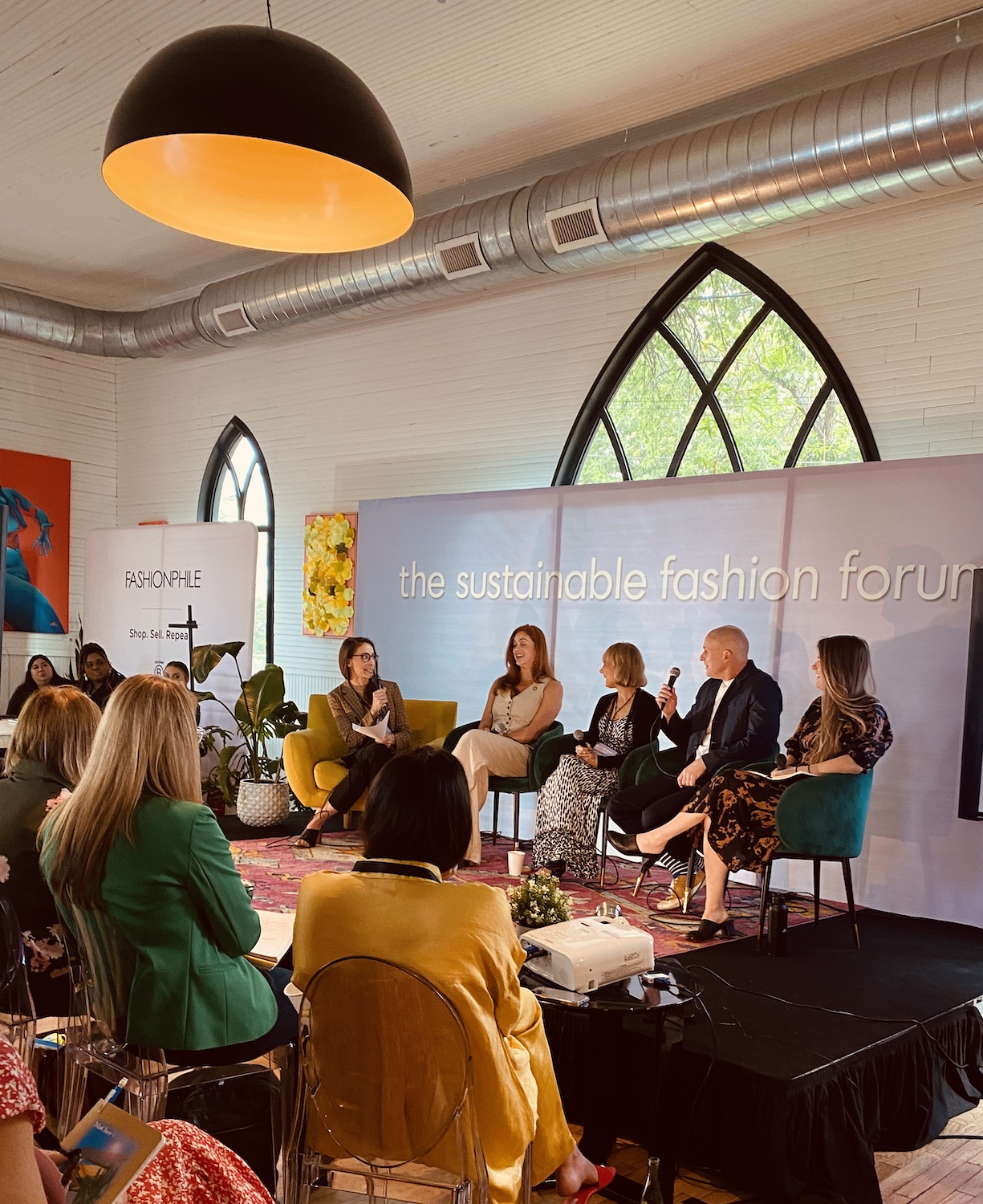
Read the Comments +